Khabar Khair (Only Good News) – Fatima Rashad
The Security Council adopted Resolution 1325, which was voted on unanimously on October 31, 2000. This resolution provides for the need to include women in decision-making, peacemaking, and peacekeeping at all local and international levels, in addition to protecting women from all forms of violence and promoting laws that ensure the protection of women.
Yemeni women are looking forward to implementing UN Resolution 1325, especially since they have experienced all forms of marginalization and exclusion by ongoing conflict.
In view of this, women’s voices emerged calling for operationalizing UN resolution (1325); So that Yemeni women can play an active and influential role in society to confront all forms of discrimination against them.
Journalist Abeer Wakad said: “Resolution 1325 is one of the important international resolutions that will contribute to motivating women to participate in enhancing security and building peace, and it should highlight the importance of women’s role in achieving this, and we desperately need this resolution to be operationalized so that women’s participation becomes real not mock.”
Lubna Al-Qudsi (lawyer and member of The Yemeni Women’s Pact (YWP) for Peace and Security) says: “The UN Resolution 1325 on Women, Peace and Security is of great importance to Yemeni women, as Yemen is experiencing times of conflicts and wars, which puts women under a lot of risks as a result. So, as conflicts persists, violence against women increases.
Al-Qudsi added: “The resolution is a legal mechanism issued by the Security Council to protect the rights of women at times of conflicts, and it recommended the parties to the conflict to respect women’s rights and support their participation in peace negotiations, reconstruction, and recovery, and the resolution is complementary to the CEDAW agreement, which calls for the elimination of all forms of discrimination against women and protecting rights of women during peace, the resolution also recommended involving women in all areas of peace issues, preventing gender-based violence, and ensuring improving the environment for women and girls, taking preventive measures to prevent violence or its recurrence, and taking action that help in improving women’s physical and mental health, and improving their economic security and their life in general, and providing them with legal protection.”
Lubna continues: “I recommend countries to enhance women participation in decision-making and representing the country in United Nations bodies and tasks of peacekeeping operations and involving them in everything related to recovery and reconstruction efforts.”
Lubna explains how human rights activists are interested this resolution, saying: “Women focused on this decision and worked on it since the beginning of the conflict in 2015. They called on the parties to protect civilians against attack especially women, moreover they established various community initiatives to participate in peacebuilding, rejecting war and victim assistance, and bring their Voices to involve women in any negotiation and dialogues between parties at the official level.
Lubna says: “No national plans has been devised for the resolution, and the resolution hasn’t implemented programs for protecting women, nor for enhancing their participation in decision-making, nor for taking preventive measures to protect them against any acts of violence.”
She stresses the importance of civil society efforts and community initiatives, and some United Nations bodies’ support, led by the United Nations Women in Yemen and international organizations, and the continuity of women’s efforts to uphold to this legal basis to claim their right to participate in various peace processes, to be protected against any act of violence and to participate in the reconstruction and recovery
For her part, Safaa Al-Fadhli (Chairwoman of the advancement of women initiative) said: “The resolution was fair to women after it was voted on unanimously on October 31, 2000.”
Al-Fadhli added, “There is hope built on this resolution, as its operation will lead to justice for women and reduce all forms of political and social violence against them.”
TV host Fatima Nour, who made a comparison between women in the past and the present, said: “many women in the past knew women’s rights, and despite what we used to hear about violence against women, which was translated by depriving them of education and denying their right to inheritance, men used to kind of respect and appreciate them, and nowadays we can see that despite being fully aware of their rights, women have become unaware of what is their true right, and we can even see that there is violence against them in public, as men today often deal with them with violently , abusively and disrespectfully. I hope that resolution would be implemented so that women would find the peace they were deprived of.”
Journalist Nawal Baktian said about this resolution: ” Yemeni woman is the first loser in this conflict, since she has been deprived of empowered politically, and this is a type of violence practiced against women in full view of decision makers.”
Baktian added: “What Yemeni women want is to be empowered and involved in all aspects of political and social life, as they are able to lead and reach the highest positions. Even though, we believe this is a bold and courageous resolution and a strong front, we still want to see that it’s actually implemented on the ground. so that women can get their rights.”
For her part, Ahed Yassin (journalist and human rights activist) says: “Resolution 1325 is one of the most important resolutions and references that support women and enhance their participation in peace and decision-making processes. That is why women should conduct awareness and promotional campaigns of the importance of this resolution.”
Yemeni women are still looking forward to getting the rights they lost in the middle of a political and military conflict and social restrictions imposed on them, and implementing Resolution 1325 will ensure that Yemeni women have equal rights to men in rights and duties.

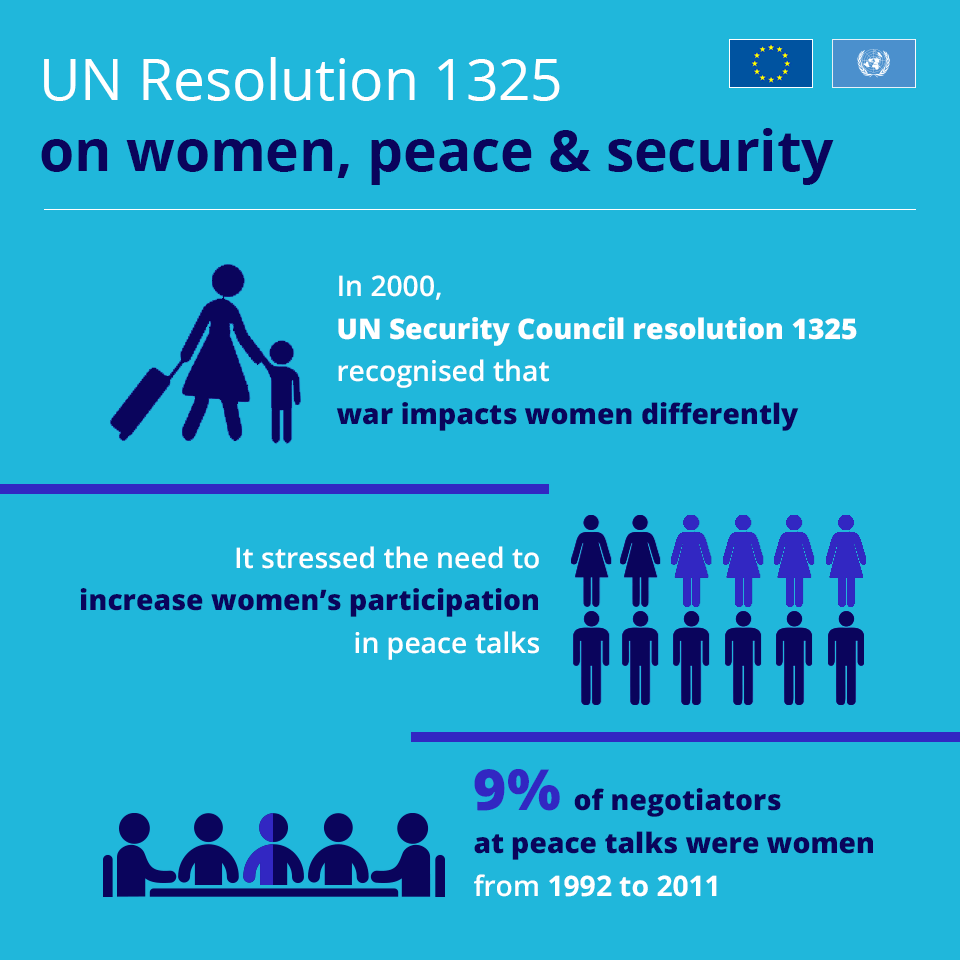
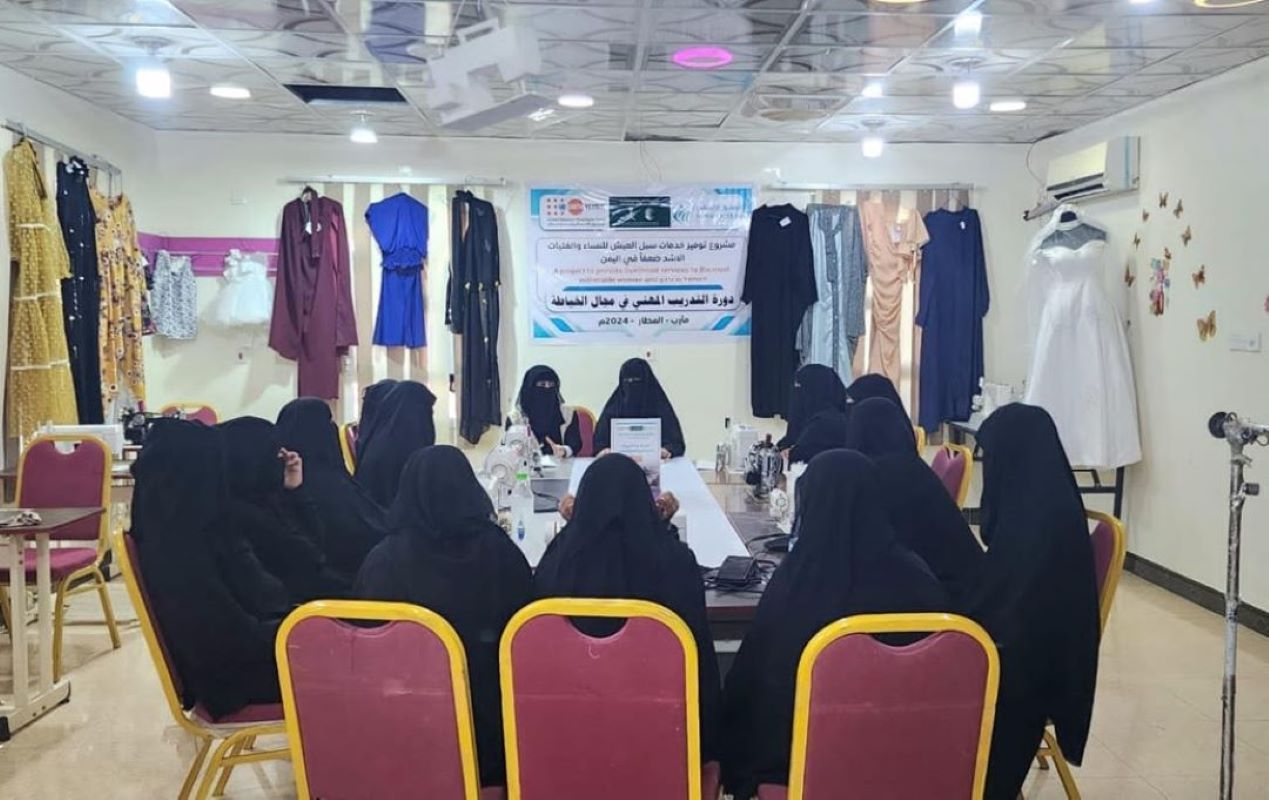
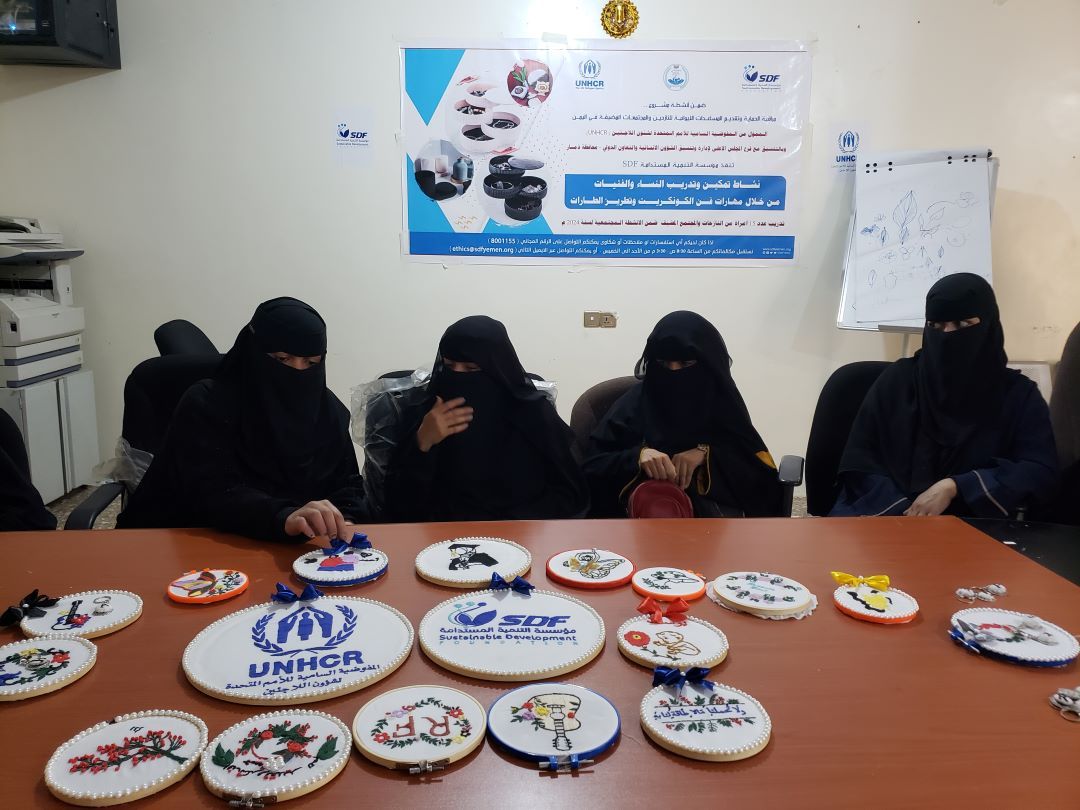
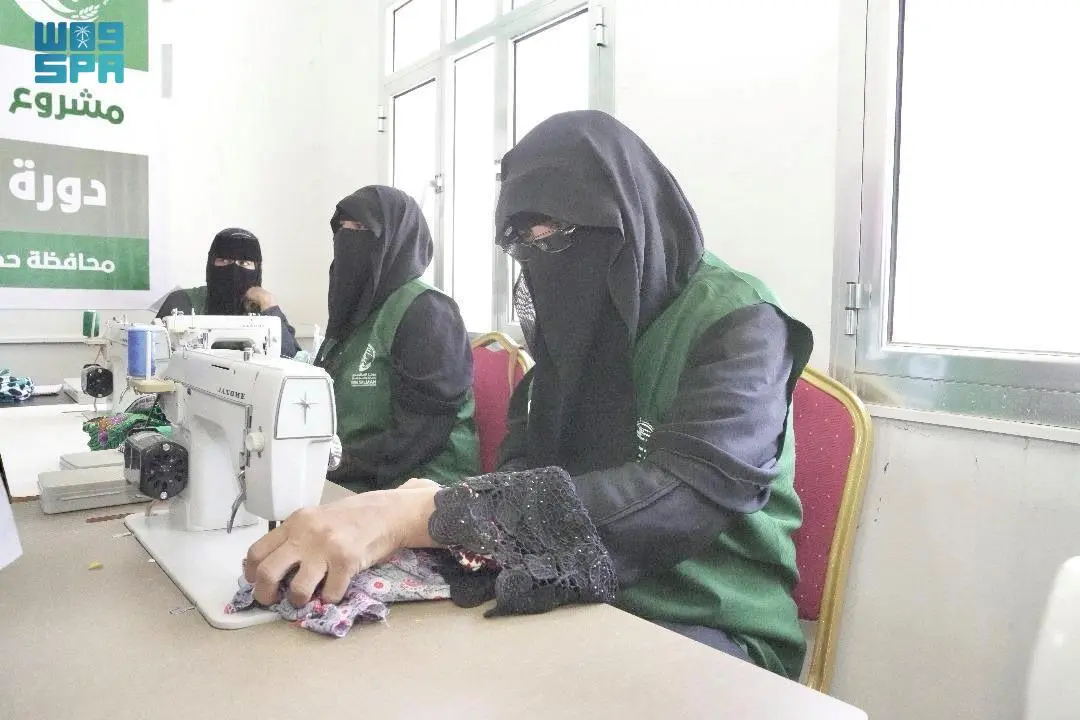
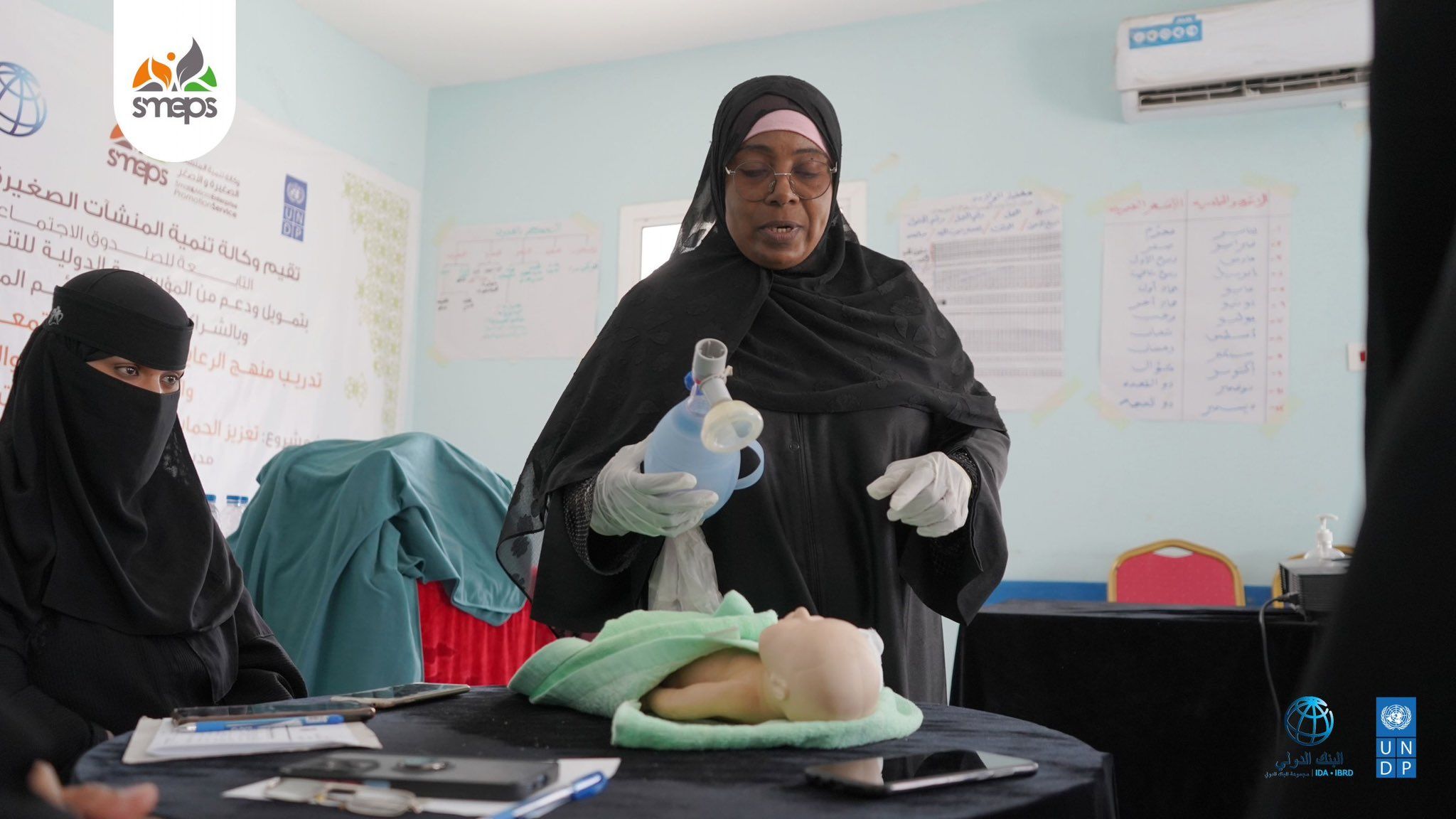
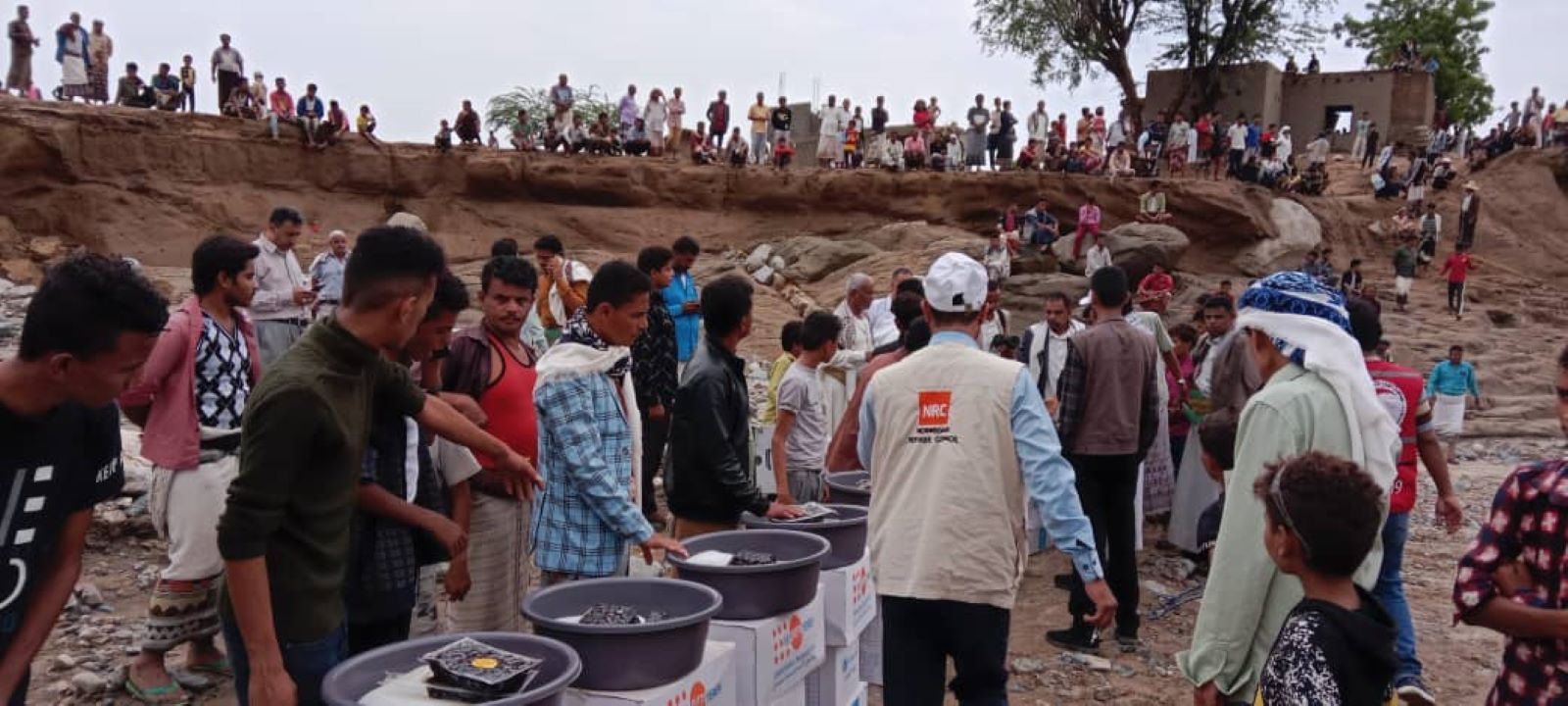
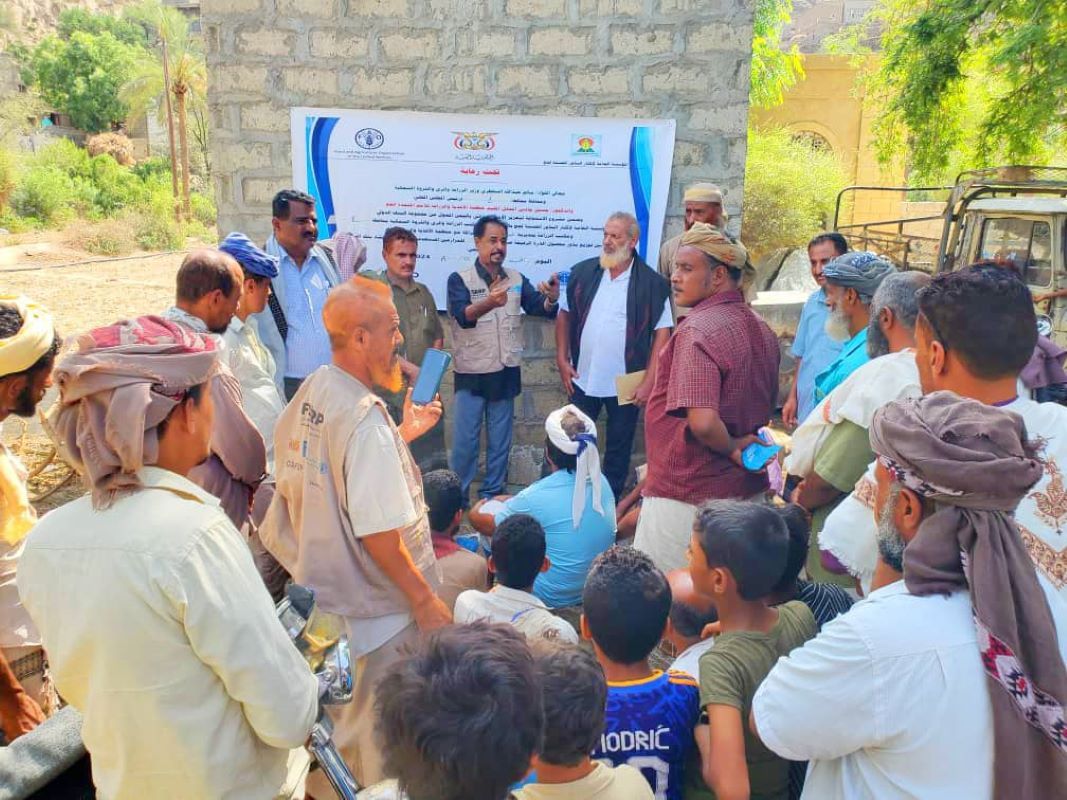
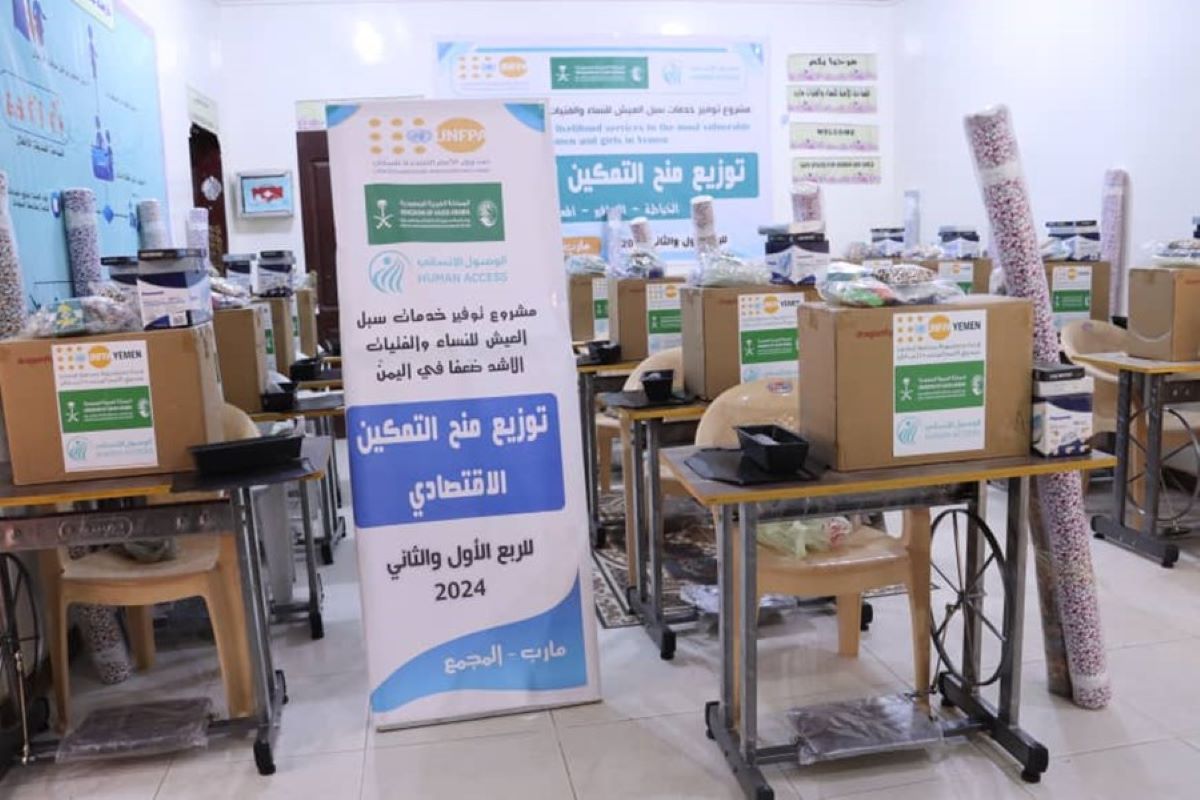
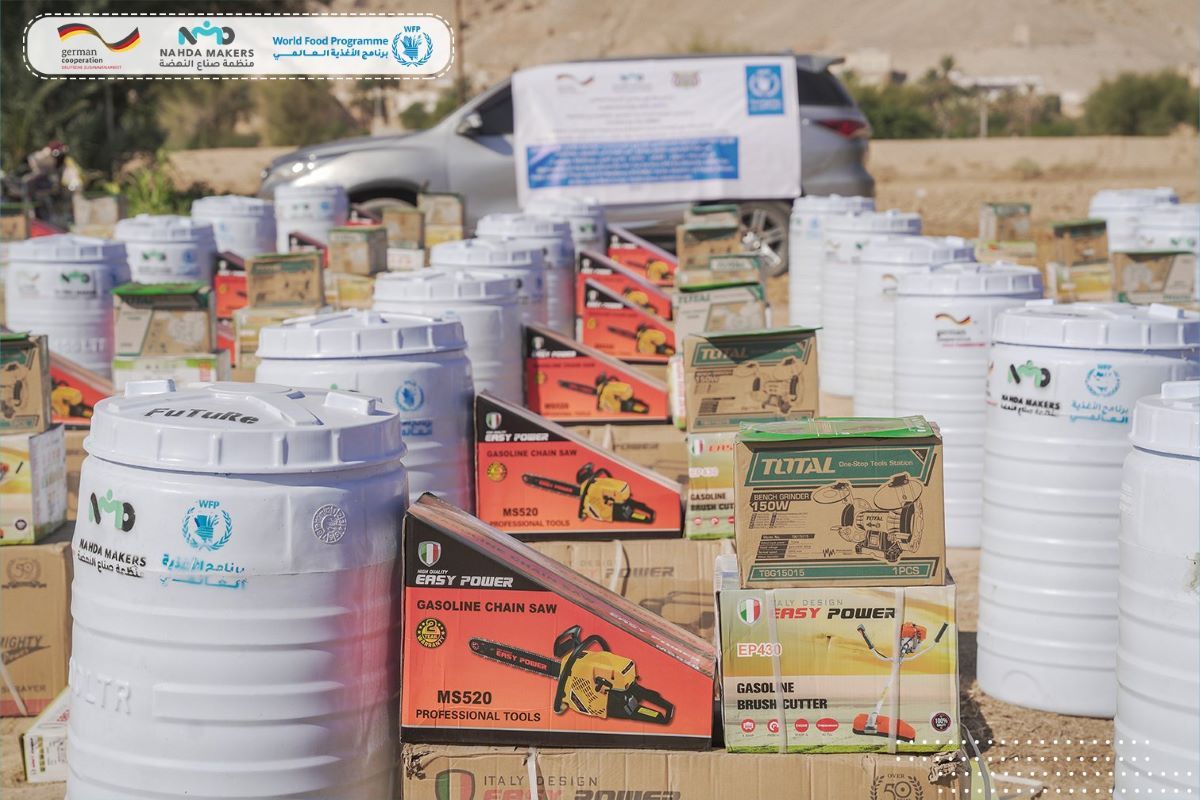
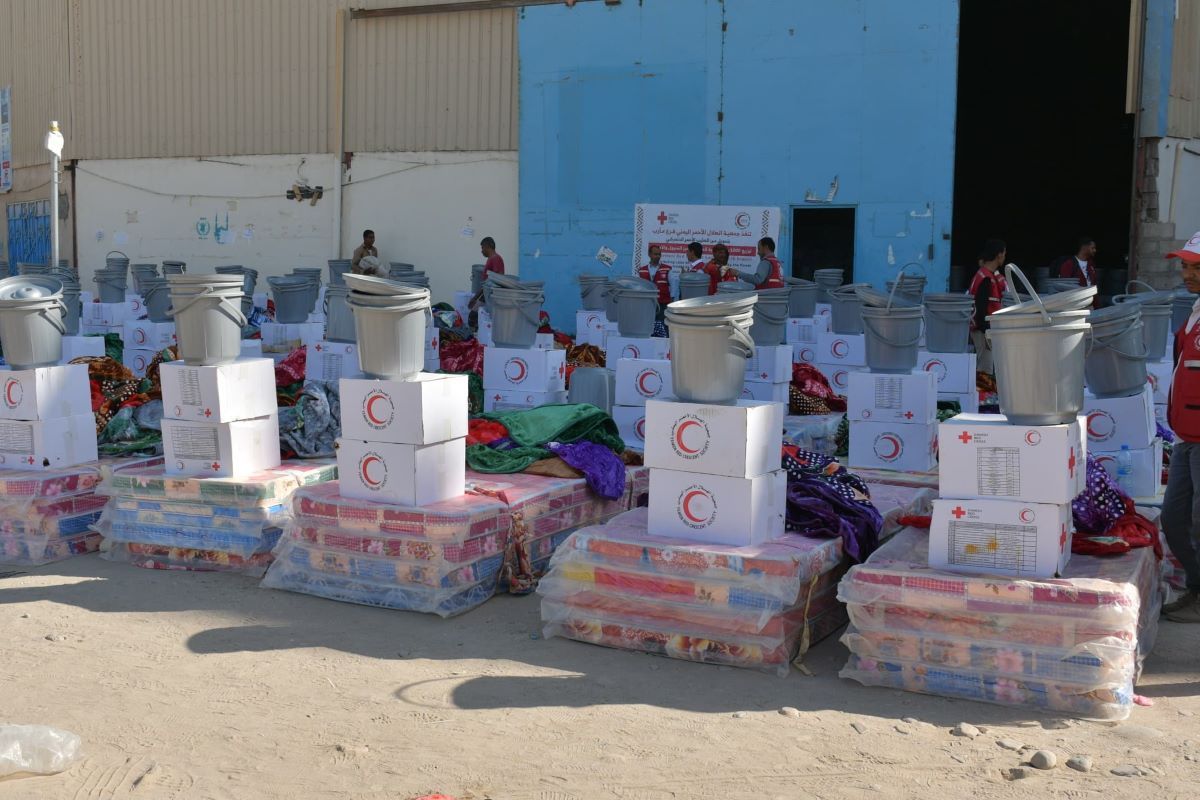


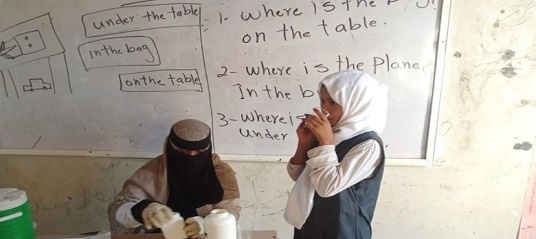
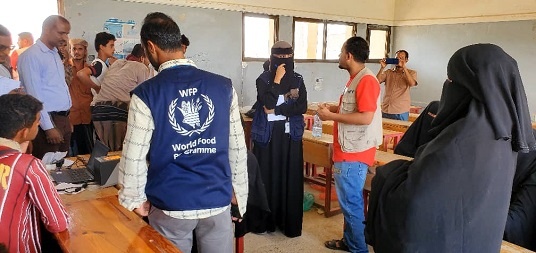
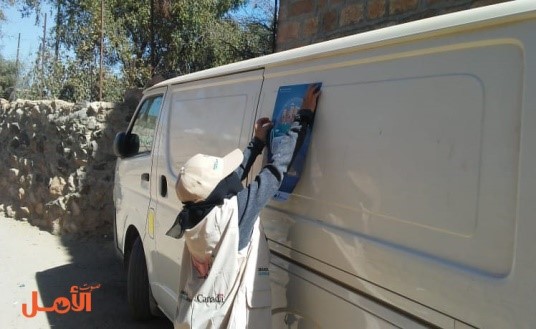
LEAVE A COMMENT